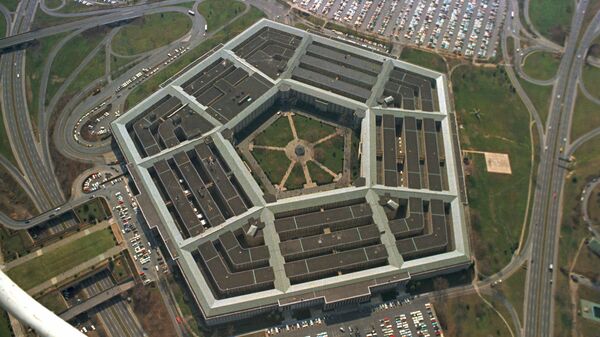Sputnik: Let’s take a look at how much truth there is in these reports that the Pentagon has this plan of attacking Russian networks in the case of direct interference in the election. Is there any truth in it? Is it more a rhetoric ahead of the midterms? What’s your opinion?
Mark Rossini: You know, it’s funny, I cannot confirm or deny the validity of it; my curiosity, quite frankly, is what exactly would they be attacking if they were allowed, let’s say, to retaliate? Does that mean that the Pentagon would be trying to dismantle or disable some sort of military network in Russia or the electrical grid?
I’m just curious as to what it would be striking back against. We are entering a new phase of warfare in the world, where, you know, bombs and bullets are not really going to be the methodology of the future, but more waging a war, if you will, to attack the infrastructure of an opposing nation or perhaps its financial system or banking system.
That’s going to be the wave. But again, I do not know the validity of this report, but I would have to say that there has to be some truth to it, for it to be out there. Having been in Washington for many, many years, being involved in these discussions in this level, it’s in the press for a certain reason, and I don’t think it has to do with a Republican or Democratic agenda; it’s just the reality that the government feels that their action would be wanted if such interference took place by Russia.
Sputnik: What about other states, other groups? Could they be able to attack US elections in order to sway people’s opinions? How high is this possibility?
Mark Rossini: Well, I think the possibility is very high. It depends upon the nation. Of course, North Korea would have that ability, China would have that ability. Bulgaria or Romania, the usual suspects in these kinds of incidents, they are assumed to have individuals, governments and agencies, which would benefit, or, let’s say, would have the capability to interfere, would have the expertise, skills and computer systems.
That said, one always has to look at what benefit would it be? And again, what is their agenda? Let’s say in the case of Russia: there is a long debate whether Russia did, as a government entity, interfere in the 2016 election. We could go back and forth on that all day long. Since we’ll never have a court of law on this where evidence would be presented, we’ll always have the proverbial “what if?” Right now it’s all circumstantial. That is the looming question.
READ MORE: US Budgets $22.1Bln for Military Intelligence Programs in 2018 — Pentagon
In all these investigations that have involved espionage or spying we will never actually get it into a court of law, like a bank robbery or a kidnapping. Because, and the biggest because, is that if we were to go to a court of law, the prosecution would have to reveal its source and methodology, how it determined that Russia or another state conducted its attack. Then, in that respect, the prosecution would be giving up its methodology in how it determined what went on.
As a side note, as an example, in the disappearance of the plane in Malaysia, the Chinese came out afterwards and said: “well, we saw the plane on our radar.” But then the conversation didn’t go any further, because that would reveal how the Chinese were looking at the skies, if you will. So, it ended. That’s the problem in all these investigations. […]
The views expressed in this article are those of the speaker, and do not necessarily reflect those of Sputnik.



